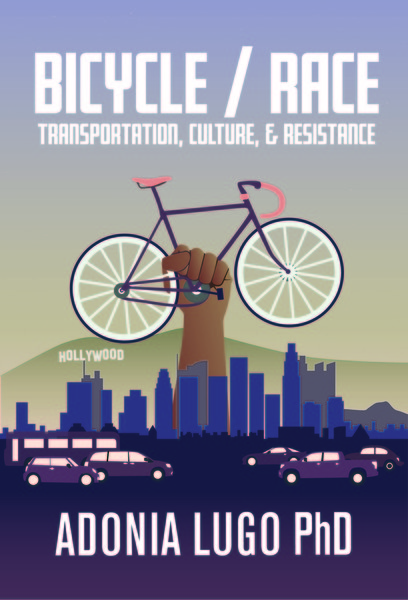Back in October, I rode a Greyhound bus home from Salt Lake City.
If you're taking a long distance trip on the Greyhound, you end up
spending an hour here and there waiting in stations along the way so
that drivers can get breaks. My bus left SLC around midnight, and there
were a number of people waiting to re-board. One
such group was a mother and her little boy and girl, traveling with her
boyfriend. Who knows how long they'd been traveling at this point. This lady acted playfully tough with her boyfriend and her kids. She seemed like she'd sheltered her kids through some ups and downs. The
little boy slept protectively next to his sister, and the two got up
with no complaints to file into the station when we stopped somewhere in
Idaho around 5 am.
Recently I offended my mother by saying we'd been poor when I was growing up. She
said she took pride in being able to take us to the doctor whenever we
were sick and providing us with dental care. She didn't have these
things as a child. My grandmother would wait until it was absolutely
necessary to take her to the doctor. So I clarified: to me growing up
poor meant knowing that we might not have enough money to make it
through the month, and not asking too often for money to go to the
movies or shows when I was a teenager. Being poor meant never mentioning
the American Girl doll I wanted so badly when I was a kid. (She did
learn about that a few years ago, and the next Christmas I found a Samantha
doll wrapped up for me under the tree.) I didn't fly until I was 11, but then again we never rode the Greyhound or the train; we always had a car for long trips.
Later that week, I heard an Italian-American woman who has spent her life in a close-knit community north of Chicago describe how her family moved between rented apartments many times when she was a girl in the 1930s. She always made sure to stay away from home on the days when the movers came. Why? we asked. Because she was ashamed that her family didn't own their house. Eventually her parents did buy a house, and that's where she raised her kids and still lives today.
I've been thinking a lot lately about the shame of poverty and how it impacts kids. I don't want those kids on the Greyhound to grow up feeling like dirt.
But you know what a lot of people might call them? White trash. I remember my sister and I convincing each other that we weren't poor poor; we just weren't rich. And we were saved from being white trash cause we were half Mexican. Now I try to throw that all away and talk frankly about what I learned from watching my mother struggle to take care of us.
In my life this means being part of an urban sustainability movement that helps families. I want eco practices like bike commuting and carrying tote bags to the grocery store to seem like good ideas, not symbols of class. I want to be able to tell other grad students I'm riding the Greyhound home without getting a baffled look in response. But how we consume, how we get around, and where we live mean a lot to us outside of their utilitarian qualities; parents work so hard to protect their kids from the hardships they faced. Our culture's contempt for the poor goes very deep, and it's a self loathing that leads to a lot of consumer waste. I hope that in 2012 I can go further toward helping build a green
movement that fights urban inequality by respecting struggling families
rather than one that creates affluent future cities serviced by
peripheral slums.

